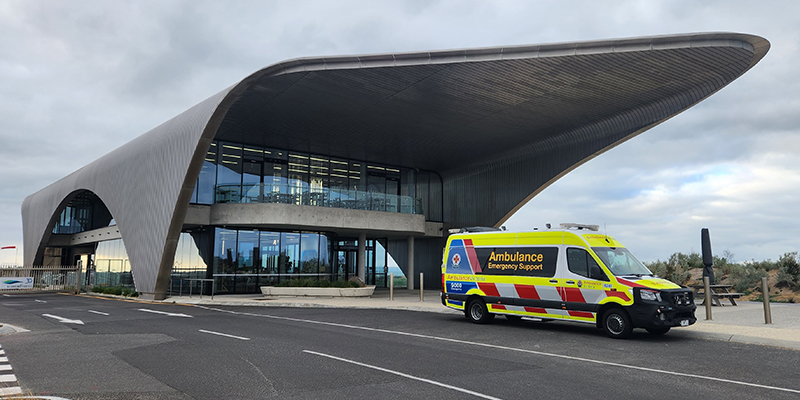The Albanese Government’s second budget strikes the right balance between delivering targeted support to vulnerable Australians amid the cost-of-living crunch, while taking modest steps on fiscal repair, the Committee for Economic Development of Australia (CEDA) says.
“The Government has delivered Budget restraint in line with the current economic challenges of high inflation and an uncertain economic outlook,” CEDA Chief Economist Jarrod Ball says.
“Targeted measures such as increasing eligibility for the single parenting payment, modest JobSeeker increases, housing support, enhanced healthcare support and energy price relief are sensible and proportionate in the current environment. Stronger increases in income support for vulnerable Australians will be critical as economic and fiscal circumstances permit.
“The Government is to be commended for continuing to bank the spoils of a temporary tax windfall thanks to high commodity prices, the strong jobs market and healthy company profits. This budget returns 82 per cent of these windfalls while maintaining real spending growth at just 0.6 per cent a year.
“It is encouraging to see debt will peak lower and earlier.
“But there’s much more work to do to ensure that the Budget is brought back into balance over the medium term – despite this year’s blink-and-you-miss-it surplus.
“This Budget’s projected shrinking fiscal gap over the medium-term is predicated on continuing strength in the labour market, delivering higher tax receipts and lower expenditure growth.
“Serious tax reform remains critical to shoring up the medium-term position by strengthening our capacity to afford growing demand for critical services and supports while driving greater investment and workforce participation,” says Mr Ball.
Aged care
The 2023-24 Budget shows aged care is now the fourth-largest area of government spending, with annual funding rising to $38 billion annually by 2025-26.
“More funding for the sector and higher wages for workers are critical to improve the quality of aged care as dire staff shortages in the sector keep growing,” says Mr Ball.
“The new Aged Care Industry Labour Agreement is a step in the right direction, and acknowledges the important role that migration will play in the sector.
“The two-year pathway to permanent residency under these agreements is an important move that should go some way to preventing worker exploitation.
“These workers are critical to our community and our economy, and it is appropriate that they can become permanent residents.
“But the Government should establish an essential skills path under the temporary skilled migration system to provide certainty to the sector and to potential workers, rather than requiring individual agreements with employers and unions.”
Housing
“This budget provides long overdue relief to begin dealing with our housing crisis,” Mr Ball says.
“The 15 per cent increase to Commonwealth Rent Assistance and tax relief for build-to-rent are welcome initiatives. We must also reform eligibility rules to better reflect housing need.
“The Government should also provide financial incentives to encourage states and territories to build more social housing and remove state taxes like stamp duty.”
Evaluation
The creation of a Treasury evaluation unit with $10 million in funding over four years is a much-needed move to stop money being wasted on services and policies that don’t deliver.
“Recent CEDA research found 95 per cent of Federal Government programs over the past decade had not been properly evaluated,” Mr Ball says.
“This unit should help to better target government spending and services and save the budget money over time if it is well implemented and supported.
“It is pleasing to see the Government is already applying these principles by ending programs that are not working such as Parents Next and reprioritising infrastructure spending that is unlikely to deliver the same net benefits in the current economic environment.”
Migration
The Government is right to keep the permanent migration cap higher than before the pandemic at 190,000 given ongoing skills shortages across the country and the desire for more predictable paths to permanent residency for temporary migrants.
Finally, while it is right to reconsider infrastructure projects in the current environment, more will be needed in future budgets to drive business investment and build our productive capacity for the future, building on investments in skills and renewable energy outlined in this budget.







